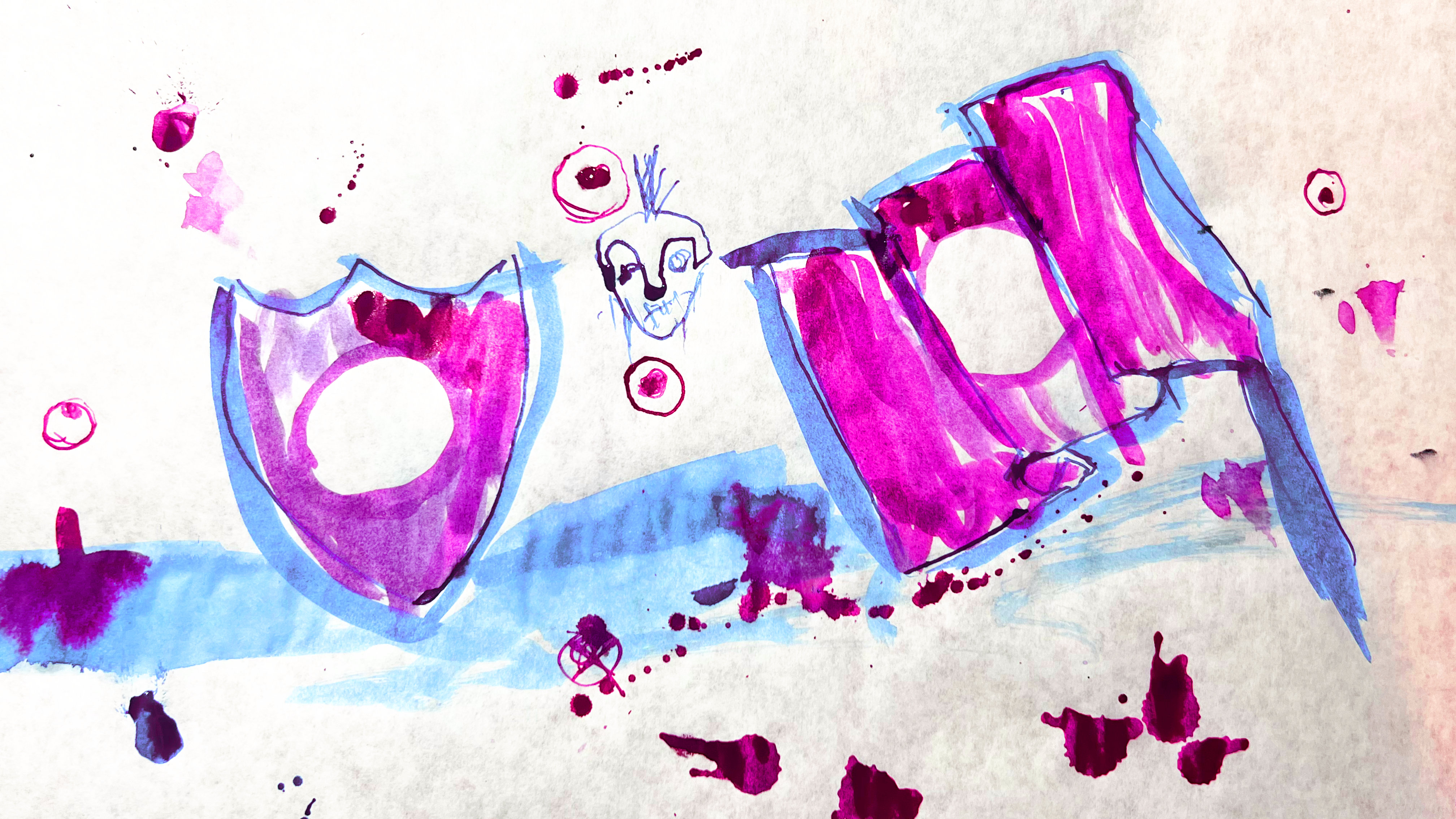
My wife, Laura, had high blood pressure during pregnancy. It was a concern of the doctors, so it was a concern of ours. It stressed us out. The bad news is, the more she stressed out, the higher her blood pressure goes. So, she’s told to relax, add on the stress of not being able to relax and it’s a pile.
Many artists are held back by the no-can-do. Charisma is important for every human. We all experience it in ourselves at some point. My normal shortcut for a no-can-do perspective — one where an artist says “i’m not good at that” — is to tell them “duck it!”
You don’t need to be charismatic to make people feel your charisma just like you don’t need to be “good at business” to have a great business.
Charisma looks like confidence. It’s not really confidence. You don’t need confidence.
The charisma trap is the same as the blood pressure trap. Charisma signals are actually the result of letting it all hang out. That looks like confidence. When we think of wanting to be charming, and we don’t feel charming, we tighten up. We share less of ourselves. Then, it compounds.
To build the skill, study and practice
We can study ourselves in different situations — especially with our best friends and family to experience what it feels like to show up as our full selves. We can take classes in charm. We can read books about it. It’s a skill that’s possible to build. Gonna take a long time.
Take Action : Let’s cheat
body dynamics are contagious. Let’s use that.
- Stop focusing on the charisma.
- This is not something to get right.
- Watch someone you feel is captivating
- Watch one of their body parts (not their face)
- Get in front of a mirror and move that body part in the same way
- That’s it. When you need a boost of charisma, focus on your left elbow, or whatever and have fun with it. play the left elbow game.

















